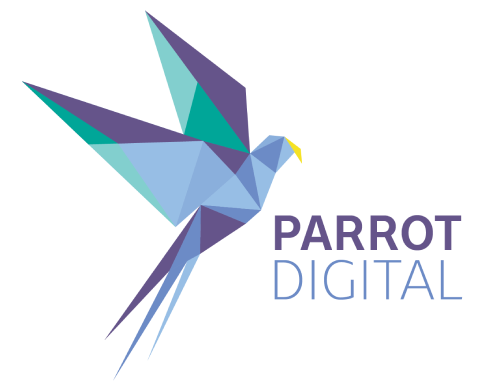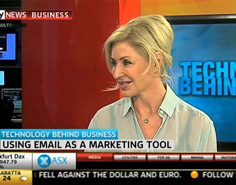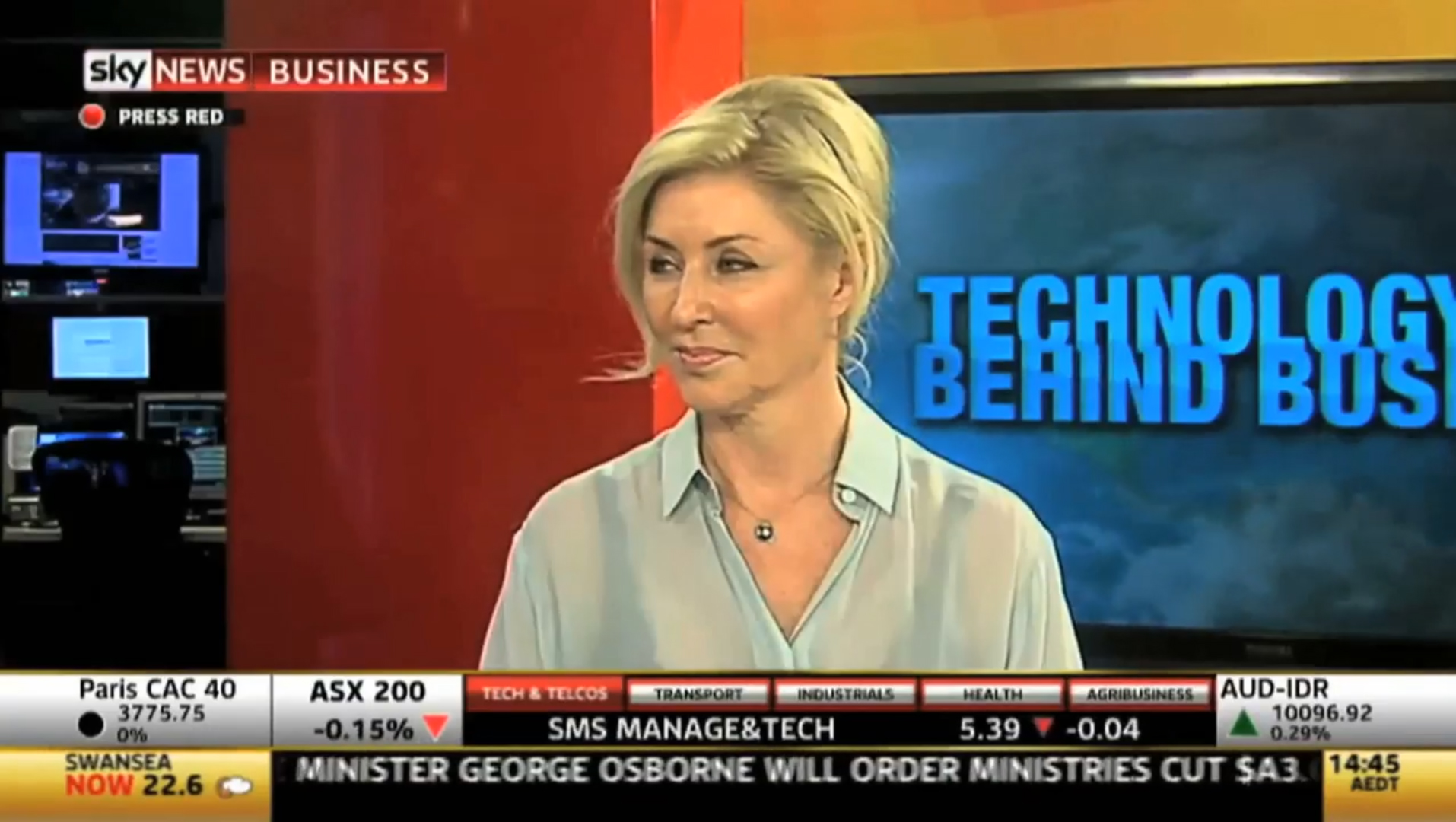Interviewer:
Now a lot about audience might have heard of Rocketseed. Why don’t you just give us an overview of what it is you do?
Robyn:
Well, Rocketseed is a global company, we’re headquartered in the UK and we have offices in the New York, Johannesburg and here in Sydney. Email is our world and we have four specific platforms that we drive from. The latest one, which you referred to, is the delivery of documents via email, called RocketLink and we’re very proud to launch that into Australia.
Interviewer:
Now, what is that RocketLink actually offers in terms of functionality because I know that it can help reduce things like large attachments, for example?
Robyn:
We are traditionally used to seeing the delivery of documents done with attachments and hyperlinks scattered all throughout the email. What RocketLink does is centrally it controls that; you have one person in an organization. It may be a finance company, bank, insurance company and they can actually upload into a graphical use interface all documents that are relevant to deliver.
So somebody is never going to be at the mercy of delivering outdated documents for a start. Those then get delivered by beautiful digital postcard, which is brand compliant, so you got a lovely brand wrapped compliant document. And when that’s opened, an alert is triggered back to the sender letting them know that it’s been received and when the document is downloaded it’s another alert saying, “Downloaded the documents by the recipients.” That covers off some translation that ASIC brought out last year, which requires companies to know when those receipts of those documents.
Traditionally, this is done as I have said by an attachment which is, somebody is running blind with or it’s done via the post which is an efficient way to do it. One of the other huge advantages is with the real-time ‘click confirmations’ coming back to the sender. It enables the sender or the financial services person, the insurance person to know in a relevant timely fashion that they can actually start dealing with that client.
Interviewer:
Now, that’s, that’s a very email-centric view of the world and you said email is you world and that would make sense to me maybe not the 90s but in the naughty’s, today we hear a lot about social Facebook, Twitter, this is where the action is. Does that make sense for an organization to invest in email marketing given that many younger people these days don’t seems to want to have much to do with email?
Robyn:
It’s interesting your quote those figures because I’ve just read some latest for these from the US that actually email accounts are going to climb to 3l.8 billion by the year 2016 and yet we see Facebook setting at about 1.1 billion so, social media certainly has it’s place for delivering sound bites, for delivering information, for delivering what’s going on the street if you like. But I think when you come to serious business and the delivery of documents, email certainly has its role gone well into the future and driving e-commerce.
Interviewer:
Okay. So I’ve got some figures here from a company called Silverpop, they do email marketing and they say that email opening rates are declining on one hand because people are becoming maybe savvier about what they open and maybe the span filters is getting better. But on the other the click through rates are increasing, so although people are opening less email, if they do open it they are clicking through at a greater rate, how are you handling that that kind of shift in terms of user behavior, less people opening emails but then more people actually actioning them?
Robyn:
Silverpop are a newsletter or bulk mail company and I think our inboxes we allowed them to be bombarded for a lot of time with bulk mail. We’re getting more discerning about our inboxes and with—now the opt out being part of the legislation that you can opt out those emails if you, you know so wish to. They become more relevant and I think that marketers are actually getting a lot savvier about what is relevant to their customers and they’re segmenting the markets. You know, email has to be relevant.
Interviewer:
Do you think that if people are likely to see something on Facebook that is a recommendation from their friends they might be more likely to action that from the marketing perspective than an email they get from someone they might not know?
Robyn:
Rocketseed sits very much in a niche spot. We’re talking business communication to an individual, one to one, there’s no other space where you are actually capturing the eyeballs of your market and making those brand impressions. When you are talking on Facebook you are having conversation again, they are different arenas for different things.






